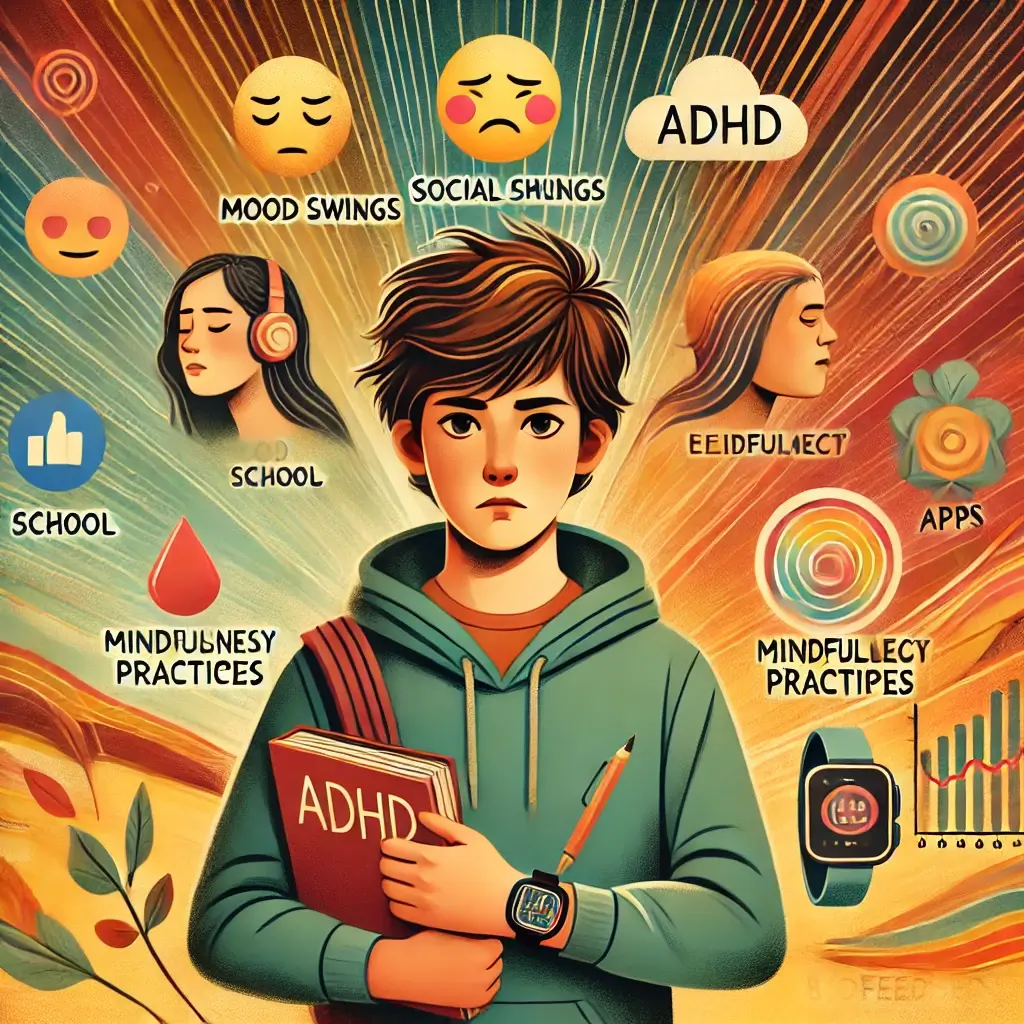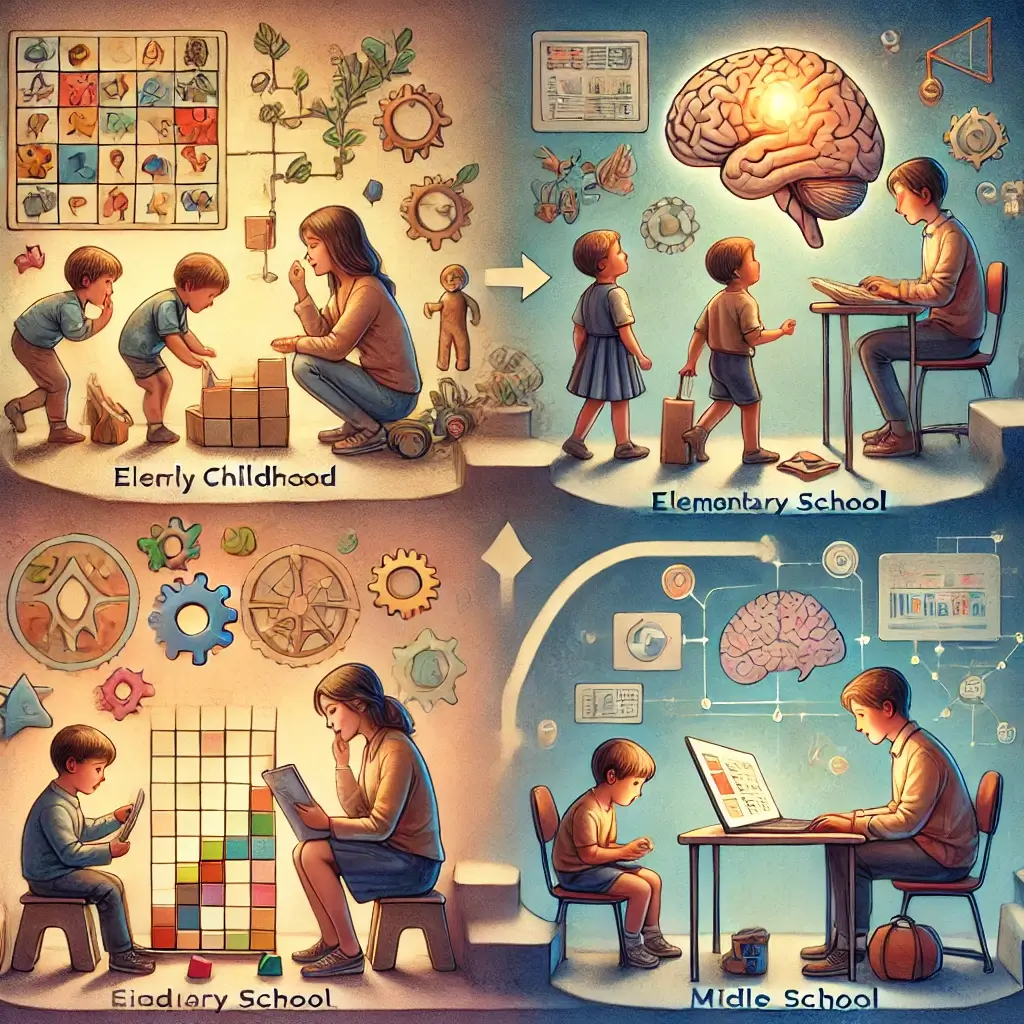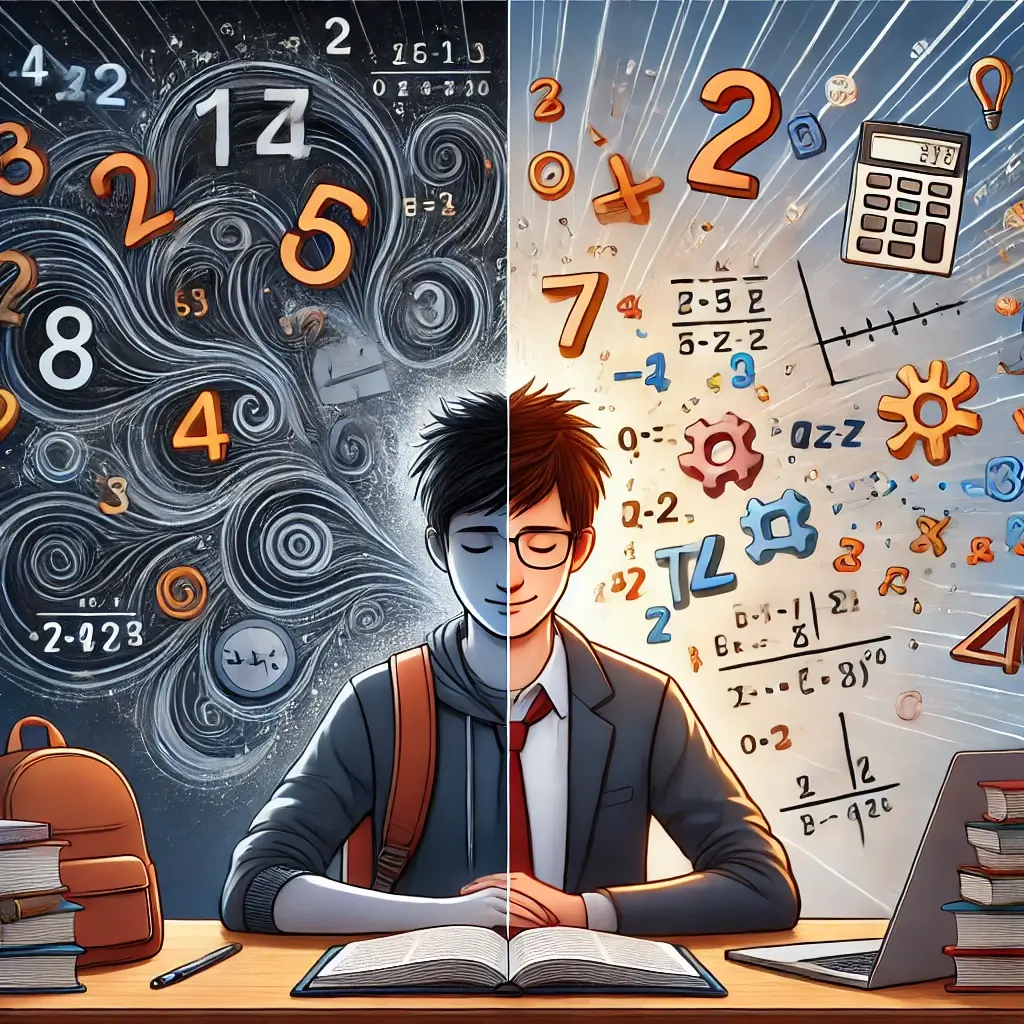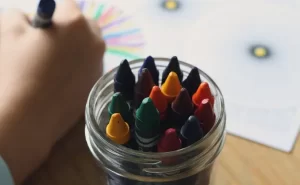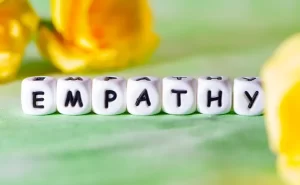Breaking the Cycle: Latest Strategies for Managing Emotional Dysregulation in ADHD Teens
Understanding Emotional Challenges in ADHD Teens
Teenagers with ADHD often struggle with challenges that extend far beyond the commonly recognized symptoms of inattention and hyperactivity. Emotional dysregulation characterized by intense emotional reactions, frequent mood swings, and difficulty controlling impulses—stands out as one of the most impactful aspects of ADHD. It affects nearly 70% of teens diagnosed with the condition, according to the Journal of Attention Disorders (2024).
While emotional dysregulation was previously considered a secondary issue, experts now recognize it as a core component of ADHD. This shift has led to an increased focus on developing comprehensive treatment strategies. “Emotional challenges often eclipse the traditional symptoms of ADHD in terms of their impact on teens’ academic, social, and personal lives,” explains Dr. Robert Chen, Director of Adolescent Psychiatry at Yale Medical Center.
For teens themselves, managing these emotional ups and downs can feel overwhelming. Social conflicts, difficulties in school, and strained family dynamics often compound their struggles. However, with the right combination of therapies, medication, and modern tools, significant improvements are possible. This article focuses on equipping teens with actionable strategies to better understand and regulate their emotions, helping them regain control and confidence in their daily lives.
Research Insights and Understanding
Research on ADHD has brought emotional regulation to the forefront of treatment priorities. Recent findings provide valuable insights into the prevalence of this challenge and effective interventions.
Emotional Regulation in ADHD: The Scope
A 2024 longitudinal study involving 2,000 teens with ADHD underscores the widespread nature of emotional regulation challenges:
Emotional Intensity: 75% reported experiencing disproportionately strong emotional reactions to everyday events.
Mood Swings: 68% faced rapid mood shifts, sometimes triggered by minor frustrations.
Improvement with Interventions: 82% showed measurable improvement in emotional control through combined treatment approaches (National Institute of Mental Health Study, 2024).
Teens with ADHD are three times more likely than their neurotypical peers to experience these challenges, which can lead to feelings of isolation and self-doubt if left unaddressed (American Academy of Child and Adolescent Psychiatry Guidelines, 2024).
Effective Interventions and Combined Therapies
Behavioral Therapies:
Cognitive Behavioral Therapy (CBT): This approach helps teens identify unhelpful thought patterns and develop constructive responses. Studies report a 60% improvement in emotional regulation with consistent application (Adolescent ADHD Treatment Outcomes Study, 2024).
Dialectical Behavior Therapy (DBT): DBT focuses on mindfulness and emotion management, showing a 55% success rate in reducing emotional volatility.
Technological Solutions
Technological Innovations:
Emotion Tracking Apps: These tools allow teens to recognize emotional patterns, enabling earlier intervention during stressful situations.
Biofeedback Devices: By monitoring physiological responses, such as heart rate, these devices help teens practice calming techniques in real time.
Mindfulness Applications: Guided meditation and breathing exercises reduce emotional outbursts by 45%, fostering greater self-awareness (Journal of Attention Disorders, 2024).
Medication Approaches
Medication:
Stimulants and Non-Stimulants: Stimulant medications improve emotional regulation in 65% of teens, while non-stimulants show 55% effectiveness. Combined approaches offer improved outcomes for resistant cases, with a 72% success rate (American Academy of Child and Adolescent Psychiatry Guidelines, 2024).
Strategies for Teen Success
While parents and educators play pivotal roles in supporting emotional regulation, teens can actively participate in their own growth. The following strategies empower teens to take control of their emotional health:
Self-Monitoring Techniques
Self-Monitoring and Reflection:
Use emotion-tracking apps to identify triggers and patterns.
Maintain a daily journal to document feelings and reactions.
Essential Coping Skills
Developing Coping Skills:
Practice mindfulness techniques during high-stress moments.
Learn “stop and think” techniques to pause and assess emotions before reacting.
Support System Development
Building a Support System:
Join peer support groups for teens with ADHD to share experiences and solutions.
Maintain open communication with trusted adults, such as parents, teachers, or counselors.
Goal Setting Strategies
Goal Setting and Reward Systems:
Set achievable emotional goals during challenging conversations.
Reward progress with meaningful incentives, such as extra time for a favorite activity.
Technology Integration
Engaging with Technology:
Leverage apps and biofeedback tools to practice self-regulation.
Explore gamified mindfulness programs that make skill-building enjoyable.
Moving Forward with Confidence
For teens with ADHD, emotional regulation is a pathway to greater independence and improved relationships. The journey is not without challenges, but with the right combination of therapies, tools, and personal effort, transformative changes are within reach.
As Dr. Robert Chen summarizes, “Empowering teens to take control of their emotional well-being involves equipping them with the tools they need and creating environments that foster understanding and growth.” Recent research confirms that multi-modal approaches yield the best outcomes with significant progress within six months (National Institute of Mental Health Study, 2024). With persistence, education, and collaboration, teens can overcome emotional challenges and thrive in every aspect of their lives.
References
Journal of Attention Disorders (2024)
American Academy of Child and Adolescent Psychiatry Guidelines (2024)
National Institute of Mental Health Study (2024)
Yale Medical Center Research Review (2024)
Adolescent ADHD Treatment Outcomes Study (2024)
